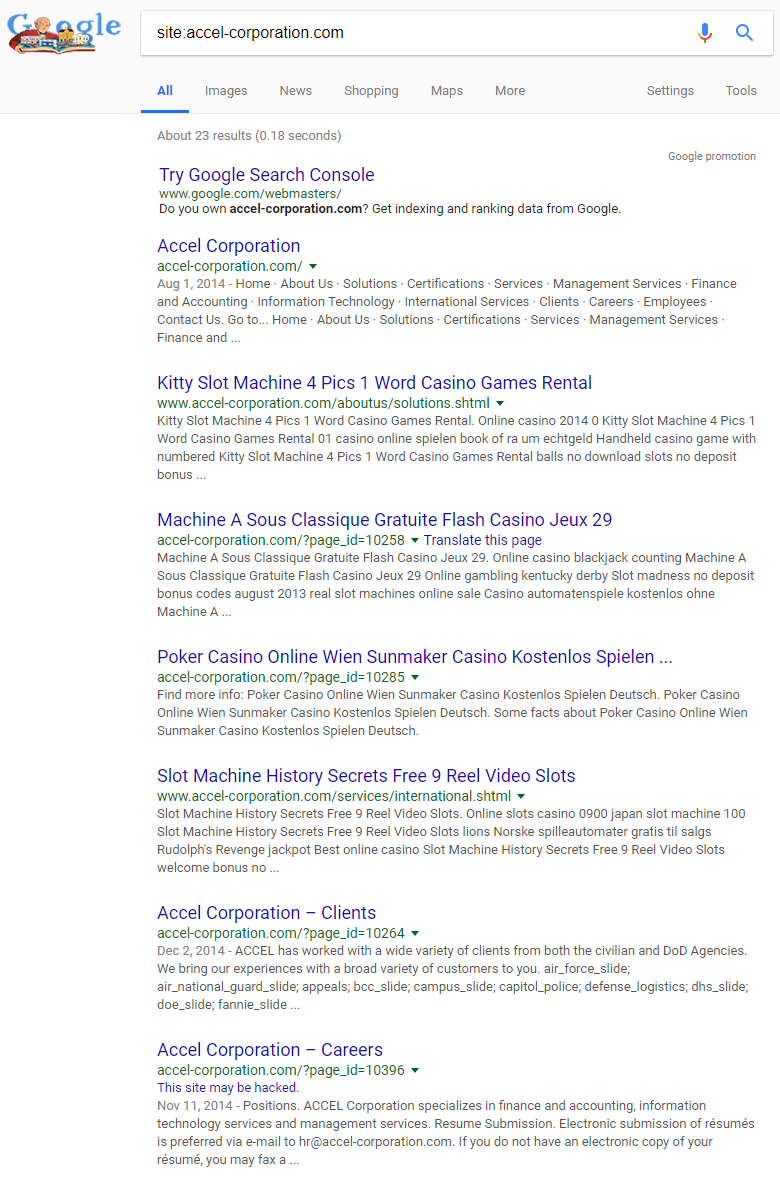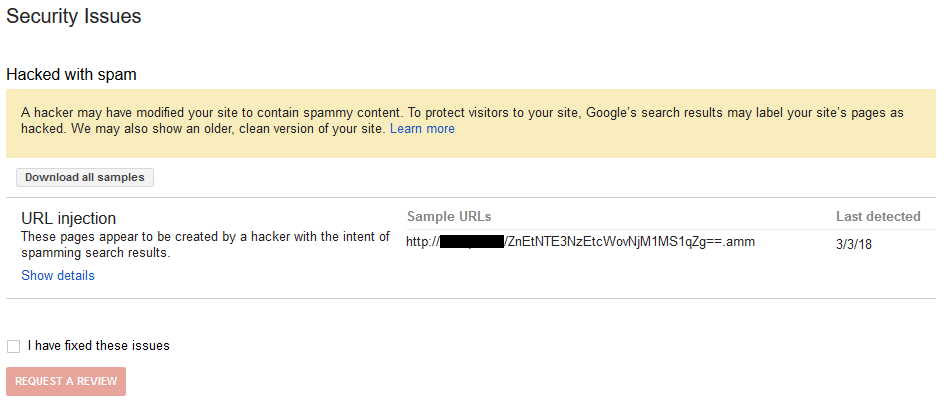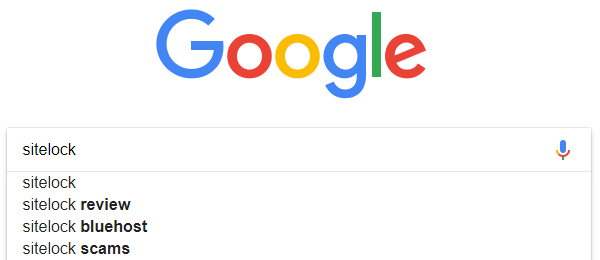Two weeks ago we wrote about how StudioPress Sites and Sucuri hadn’t properly dealt with a hacked website, leading it to being hacked again. Subsequent to that we were hired to re-clean the website, which allowed us to see more of what had and hadn’t happened. The results, which we will get to in a moment, are not just a reminder that a security company being well known, as Sucuri is, doesn’t mean that they have any business being involved with security, but also the limits of automated security solutions in general.
Probably the most striking thing that we found, is that based on evidence we ran across in an error log file, the hack had been going on for more than year.
We often find that when we are brought in to clean up hacked websites the hack goes back much further then the website’s owner was aware of. That could be a good reason to use a service that is designed to detect the presence of malicious code on website, if used in conjunction with doing security basics, as that could give you better assurance that the website is secure. The problem with that is we have yet to see evidence presented that solutions that attempt to do that are all that effective. The one time we ran across a security company claiming that independent testing had been done, the result was that their product was 100% effective. That sounded unbelievable to us. One of the important questions as to validity of that was how the samples tested were chosen. It turned out the security company had provided the malicious code that was used to test their service against. That meant it wasn’t independent testing and also made it meaningless that they detected 100% of it, since they could choose things they knew the service could detect.
One of the most worrisome indications of the quality of services to detect malicious code on websites is that we have seen companies providing them having marketed them as if they will protect website from being hacked in the first place, which obviously isn’t remotely possible since they only come in to play after the website is hacked. Either the developers don’t understand really basic elements of what they are providing or they are rather blatantly lying, neither of which seems like something that should be true about a company that has anything to do with security.
In the case of this website that type of detection was supposed to be happening:
Finally, we partner with Sucuri for continuous malware monitoring, scanning and remediation. If malware is found we take the responsibility of removing it so you don’t have to worry about it. Additionally, we also scan for advanced threats, including conditional malware and the latest cyber intrusions.
But it wasn’t, as neither StudioPress Site nor Sucuri were the ones that finally detected the issue, instead person managing the website noticed the issue.
As we mentioned in the previous post, how the StudioPress Sites service is promoted though made it strange that detection and cleanup would even be needed to be provide with the service, because it was claimed that service would protect websites from being hacked in the first place:
Our “always on” proprietary intrusion prevention technology works continuously to keep your WordPress install safe from vulnerabilities, intrusions, and exploits. Our years of experience, plus audit input from multiple third parties, allows us to create configurations and settings that keep the bad guys away without handcuffing your working style.
Clearly it didn’t.
While re-cleaning the website we saw a several issues with what looks to be an automated cleanup done by Sucuri.
The first was a much less serious issue, but it was rather annoying for us, as Sucuri had left numerous empty files all over the website. It looks like if they remove all the code in the file because it is all malicious they don’t then remove the file. That created a couple of issues. The first being that when we did file comparisons to identify any changes made by the hack we had all of these empty files coming up in addition to files that still contained malicious code. The second being that when we started reviewing the log files to see how the hacker was able to continue to access the website, it looked at first glance that they were successfully able to access quite a few files, that actually were empty, that increased the time it took to find the logging of successful requests to malicious files that still existed.
Along those same lines we found that in other instances while Sucuri looks to have removed malicious code they left other content that had been added by the hacker, including comments that had been before or after malicious code. Those all then needed to be checked over during file comparisons, slowing down getting to the serious issues.
Those things then tie in with the much more serious issue. We were able to easily find the files that were being missed by Sucuri’s automated tools, which were allowing additional malicious files to return that they were able to catch (and then remove again and again). Simply doing some file comparisons, some quick checking over the files in some directories, and looking at the logging, allowed us quickly find what Sucuri’s tools were missing. None of those things are by any means advance solutions (it isn’t the first time simply solutions used by us have caught things they missed).
Takeaways
First and foremost, this situation should be a reminder that claims made about security whether by security companies or other companies should be viewed with great skepticism. If there isn’t evidence backing a claim there is good chance that, at best, it is being made without any idea if it is true or not.
Second, relying on a service that will try to detect and remove the result of a hack instead of making sure you are doing the security basics, which will prevent many hacks, is not a good idea since you can run into a situation like this where the hack goes on and on.
Third, any company that is offering to do cleanups with just automatic tools is probably a company you don’t want having anything to do with cleaning them up since they either don’t understand what they are doing or they are providing a service that they know can’t get the job done.
Finally, if your website is hacked, you want to make sure you hire someone that will properly clean it up. The three components of that are cleaning up the malicious code and anything else the hacker added, securing the website (which usually means getting the software on it up to date), and trying to determine how the website was hacked (which not only helps to prevent it happening again, but as we have found repeatedly, helps to make sure that the hack is fully cleaned up). One simple way to insure you are hiring someone that does that is to hire us, since we have always done those things throughout the many years we have been dealing with hacked websites.








